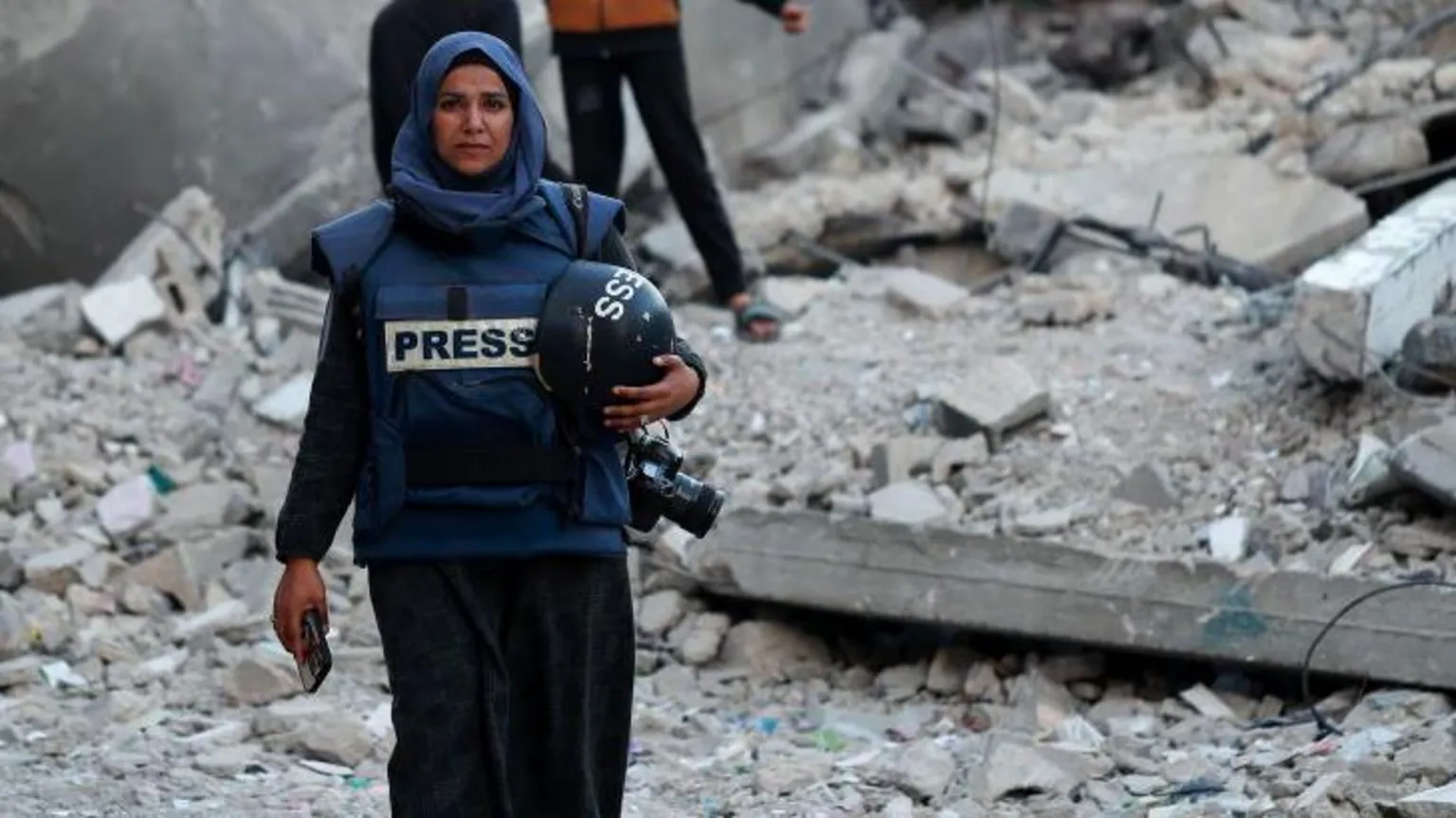
Progress made in recent years towards protecting Afghan women’s rights and providing accountability for violence against women and girls has been undermined by the Taliban’s rise to power. Domestic violence is particularly prevalent in Afghanistan but a lack of financial dependency is one of the key obstacles preventing Afghan women from seeking help. Those who do often flee to women’s shelters for safety from abusive family members. But since the Taliban took control on 15 August, most of these safe houses have been closed, with women forced to return home or face arrest.
Farida is a mother of four children living in Kabul. For a long time, she has been subjected to physical violence by her husband but she cannot even talk about the abuse to her parents.
“I have been married for ten years. My husband is violent and addicted to drugs,” she says. “He always beats me, but I cannot complain to anyone, not even to my parents. Because if I complain, my husband will kick me out of the house. If that happens, my children and I will be homeless and will have nothing to eat.”
Afghanistan is a conservative society where women are often confronted with old patriarchal traditions. Men are viewed as the main income earners for the family and women are generally seen as the homemakers. Therefore, it is believed that women do not need to be financially independent, as her husband or father will support her. Most women are forced to rely on financial support from men to survive.
The domestic violence rate is also extremely high in Afghanistan, with women frequently physically, psychologically and sexually abused by their family members. According to an evaluation by the Afghan Ministry of Women’s Affairs, more than half of all Afghan women reported experiencing at least one type of physical, sexual or psychological violence between 2016-2020, and more than 60 per cent were married without their consent.



